According to the 2024 report of McKinsey & Company - the world's leading consulting firm, artificial intelligence (AI), especially generative AI, is becoming a key tool to help businesses solve sustainable development challenges.
Of the 17 United Nations Sustainable Development Goals, AI has shown a prominent role in at least five, such as climate action, clean energy, and sustainable cities. McKinsey has counted around 600 AI applications in these areas, showing great potential in improving ESG implementation.
As sustainability becomes a must, many businesses are turning to AI as a tool to support ESG implementation. From emissions data collection, risk assessment to reporting transparency, AI helps improve ESG implementation while opening up opportunities for access to green capital and operational optimization.
Why do businesses need AI in ESG implementation?
In the real estate sector, AI is gradually becoming a tool to support businesses in integrating ESG criteria into the project development and operation process. Mr. Thomas Rooney, Deputy Director, Industrial Real Estate Department, Savills Hanoi, commented that AI contributes to improving sustainability while still ensuring operational efficiency.
“In industrial projects, AI plays a key role in energy management, automation, resource optimization, and design improvement. AI algorithms can monitor and improve operational performance through real-time adaptive lighting control, HVAC systems, and other systems,” he cited.
In addition, Mr. Rooney said AI also helps monitor resource usage and predict maintenance needs, thereby reducing waste and costs. In addition, generative design (using AI to automatically generate multiple optimal options based on input criteria - PV) and AI simulation help architects and project developers in creating energy-efficient and environmentally friendly buildings.
For projects aiming for green certifications such as LEED, BREEAM or Lotus, the process is often quite complicated. However, this person believes that AI can help simplify by tracking and ensuring compliance with sustainability standards throughout the project lifecycle from design to operation.

In the real estate sector, AI is gradually becoming a tool to support businesses in integrating ESG criteria into project development and operation processes (Photo: Medium).
"As businesses prioritize sustainability and seek green-certified premises, AI-enabled industrial real estate can achieve higher rents and occupancy rates. Investing in green technology with AI integration can simultaneously improve energy efficiency and increase tenant satisfaction," he said.
According to Mr. Tran Anh Tuan, Deputy Director of the Institute for Applied Research and Business Innovation, AI can help Vietnamese businesses realize ESG goals. Accordingly, AI can help collect and analyze data quickly and accurately.
"Instead of relying on manual methods that are time-consuming and labor-intensive, businesses can use IoT sensors to collect data on soil quality, irrigation water levels, and pest status in the fields. AI will then analyze this data to make recommendations on the appropriate use of fertilizers and pesticides, helping to minimize negative impacts on the environment," he cited.
In addition, AI can help optimize production and operations processes. For example, businesses can use AI to predict market demand and plan production accurately, minimizing inventory and waste. AI can also be used to optimize transportation routes, reducing carbon emissions from vehicles.
Deputy Director of the Institute for Applied Research and Business Innovation said that AI can help improve transparency and accountability.
Businesses can use blockchain - an AI-based technology - to track the entire supply chain, from production to distribution, making it easy for customers to trace the origin of products and ensure that products are produced sustainably and ethically.
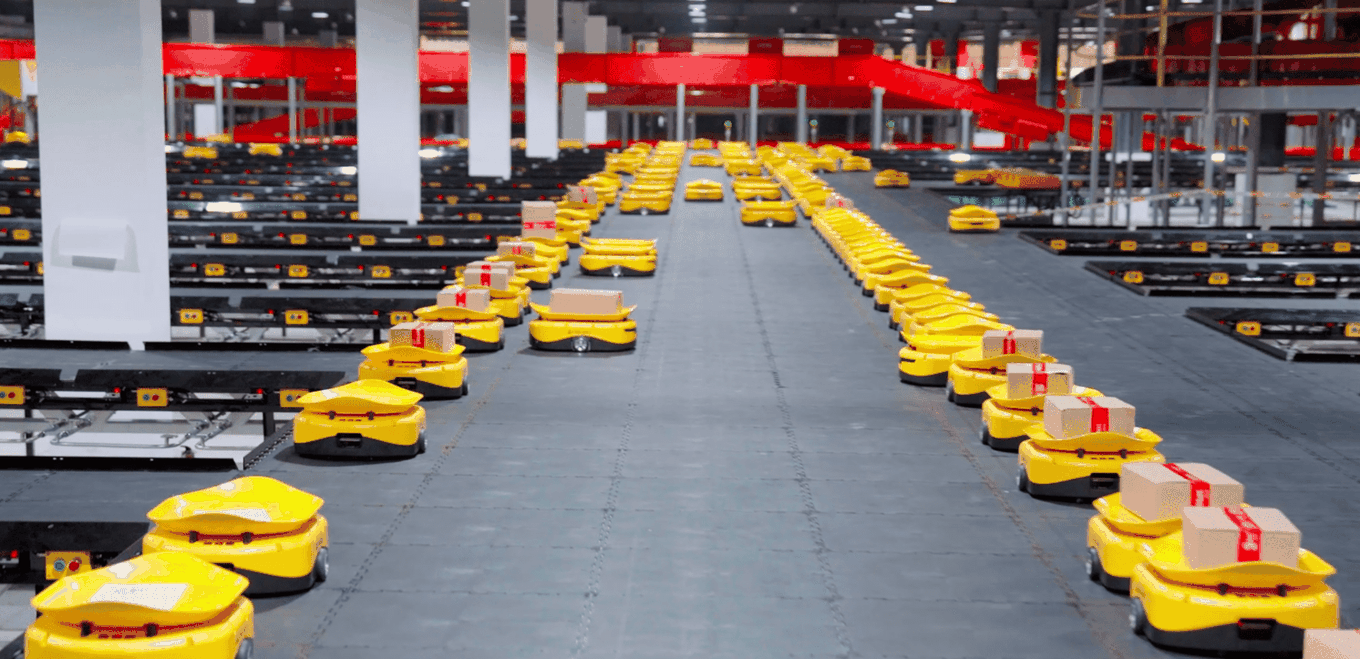
A robot system automatically sorts goods of a shipping unit (Photo: VP).
The expert shared the story of Lemit Foods Joint Stock Company - a startup producing plant-based meat from young jackfruit in the old Hau Giang (now Can Tho), which is a typical example of applying AI to ESG.
"Lemit Foods has used AI to optimize production processes, control product quality and predict market demand. Thanks to that, the company not only creates delicious, nutritious products but also contributes to protecting the environment and supporting the local community," Mr. Tuan cited.
He cited another example: C2T Ben Tre Media and Tourism Company Limited has used AI to optimize eco-tours, minimize negative impacts on the environment and bring meaningful experiences to tourists. "These success stories show that AI is not something too far-fetched but can be completely applied in reality in Vietnam," the expert emphasized.
Regarding corporate governance, Mr. Le Hong Quang, General Director of MISA Joint Stock Company, said that AI has become a core tool in modern corporate governance. AI helps businesses increase productivity, save costs, increase business performance, customer experience, automate accounting and support businesses to access capital faster...
"In operations, AI can support providing real-time reports to the board of directors, analyze and forecast indicators for business operations, and make recommendations to the board of directors in operations," he said.
The challenges
In addition to the benefits, Mr. Thomas Rooney said that the application of AI also poses some challenges in terms of sustainability. Because AI application technologies require a large amount of computing resources to train models, process and store data. According to Gartner's forecast, at the current rate, AI can use up to 3.5% of total global electricity consumption by 2030.
“This puts pressure on efforts to reduce energy consumption to achieve sustainability goals and comply with energy regulations. However, AI remains a key tool to help buildings operate at their full potential,” he said.
In fact, AI developers are increasingly aware of the technology’s carbon footprint and are working on ways to reduce emissions, he said, adding that major tech companies are taking initiatives to reduce AI’s environmental footprint.
"Amazon, one of the leading data center operators, is moving to 100% renewable energy, extending the life of its servers, and aiming to be "water positive" by 2030 - meaning it returns more water to the community than it consumes to cool its systems. In addition, Amazon also aims to have zero net emissions by 2040," he cited.
Or Microsoft with its Azure system has set an even higher goal - reaching "carbon negative" by 2030. If many other data centers follow these giants, the environmental footprint of AI will continue to shrink and will no longer be a concern for real estate developers.
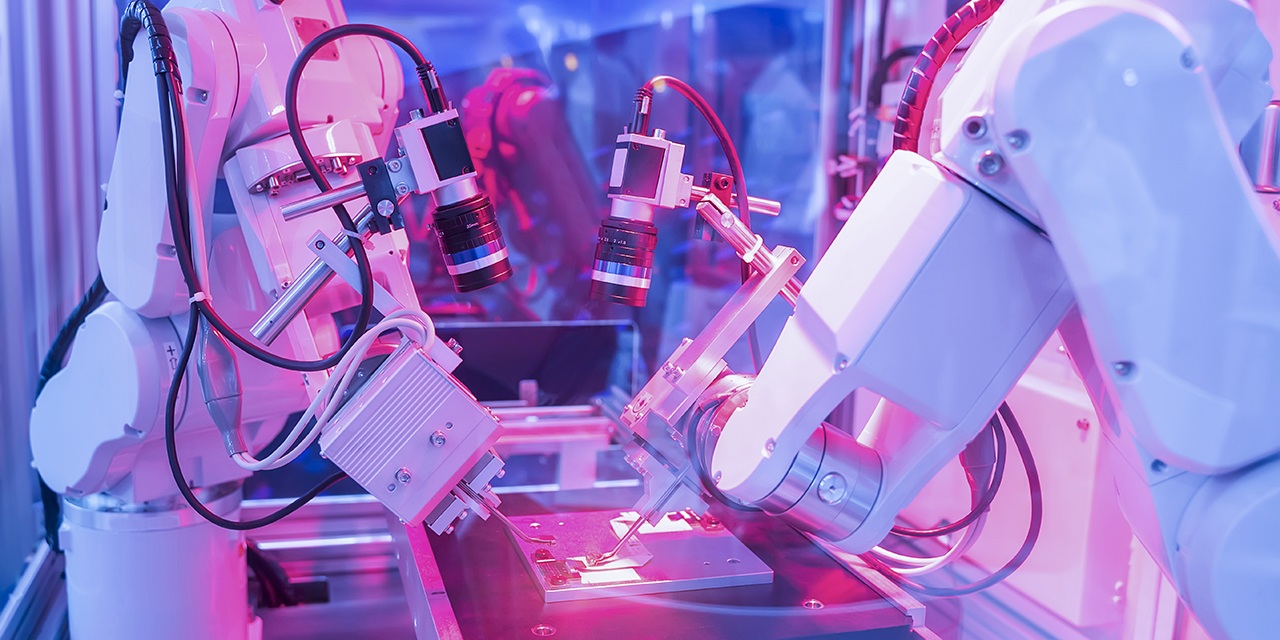
Vietnamese businesses, especially small and medium-sized enterprises (SMEs), often face major challenges in data quality, shortage of skilled human resources, and high initial investment costs (Photo: Shutterstock).
In addition, Mr. Rooney said that the application of AI in Vietnam is still facing difficulties, especially due to the lack of electricity in industrial parks in developed localities (tier 1 markets). Electricity constraints are causing investors to shift to tier 2 localities - where there is less competition, large land funds and easy infrastructure development...
According to Mr. Tran Anh Tuan, implementing AI for ESG is not a path full of roses. Vietnamese businesses, especially small and medium enterprises (SMEs), often face major challenges in data quality, shortage of skilled human resources and high initial investment costs.
To overcome these challenges, he said, there needs to be close coordination between businesses, governments and supporting organizations. The government can provide incentive policies and financial support to help businesses access and apply AI.
"Support organizations can provide training and consulting to help businesses improve their AI and ESG capabilities. On the business side, there needs to be commitment from the board of directors, participation from all employees, and a well-planned implementation plan," said the Deputy Director of the Institute for Applied Research and Business Innovation.
AI must be a powerful "assistant"
Mr. Thomas Rooney commented that traditional operational thinking is making many businesses hesitant about new AI-based solutions. Initial investment costs and human resource training are also factors to consider.
"However, investing in AI-integrated facilities not only improves operational efficiency but also increases the value of rental assets. Accordingly, real estate businesses need to proactively incorporate AI into their warehouse development strategies, starting from research, technology cooperation, human resource training to data transparency to strengthen market confidence," he said.
To effectively implement ESG with the support of artificial intelligence, Mr. Tran Anh Tuan believes that businesses can start with small and specific steps. First, it is necessary to clearly identify an existing ESG problem and choose the appropriate AI technology to solve it. Building a quality data platform while ensuring transparency and fairness in AI algorithms is a key factor.
At the same time, he believes that it is necessary to foster a culture of innovation within businesses, encouraging innovation and creativity in the fields of ESG and AI. Most importantly, businesses must believe that, with technology and determination, they can make a difference.

ESG and AI not only help optimize operations but are also core values that help Vietnamese businesses develop sustainably (Photo: GEP).
The expert affirmed that AI must be a powerful "assistant", not just a tool to solve current problems. Use AI to predict future risks and opportunities, helping businesses proactively respond to changes in the business environment. Encourage creativity and innovation in applying AI to ESG, creating unique and effective solutions.
"Technology startups in the renewable energy sector can use AI to predict electricity output from solar and wind sources, helping to optimize electricity distribution and reduce dependence on fossil energy sources. Not only creating environmentally friendly products and services, but also bringing profits to investors and creating jobs for the community," said Mr. Tuan.
According to the Deputy Director of the Institute for Applied Research and Business Innovation, ESG and AI not only help optimize operations but are also core values that help Vietnamese businesses develop sustainably. With the right strategy, Vietnamese businesses will not only grow but also create positive values for society.
Source: https://dantri.com.vn/kinh-doanh/ai-thay-doi-cuoc-choi-esg-20250806142244717.htm


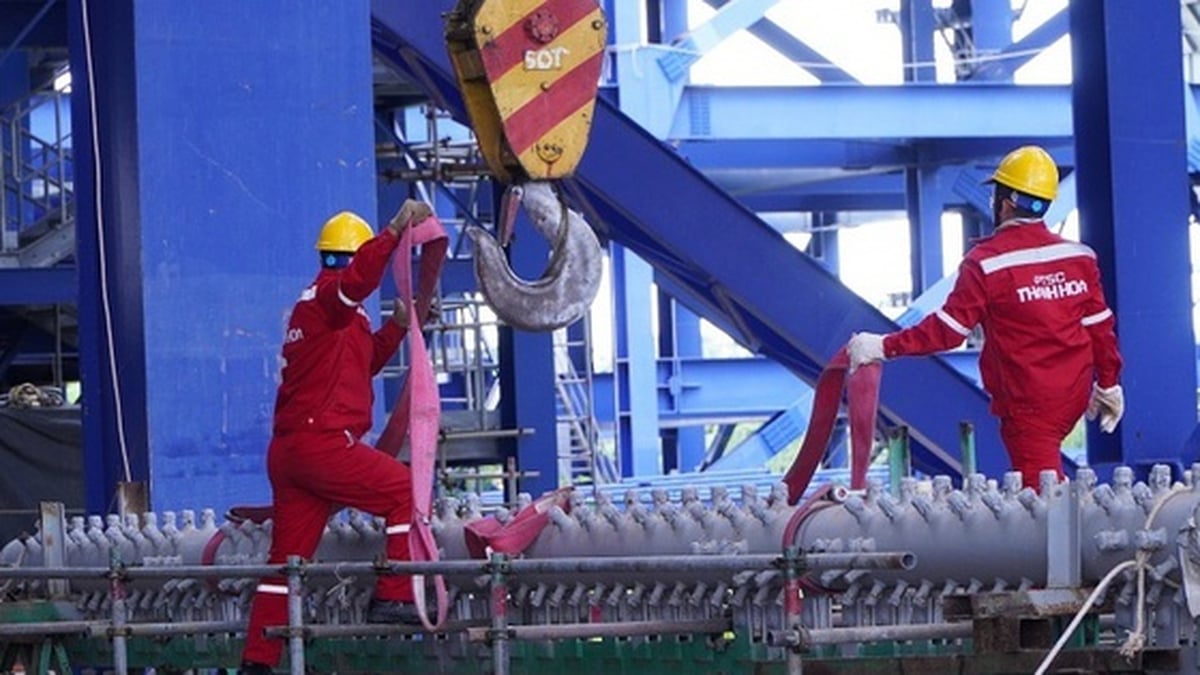




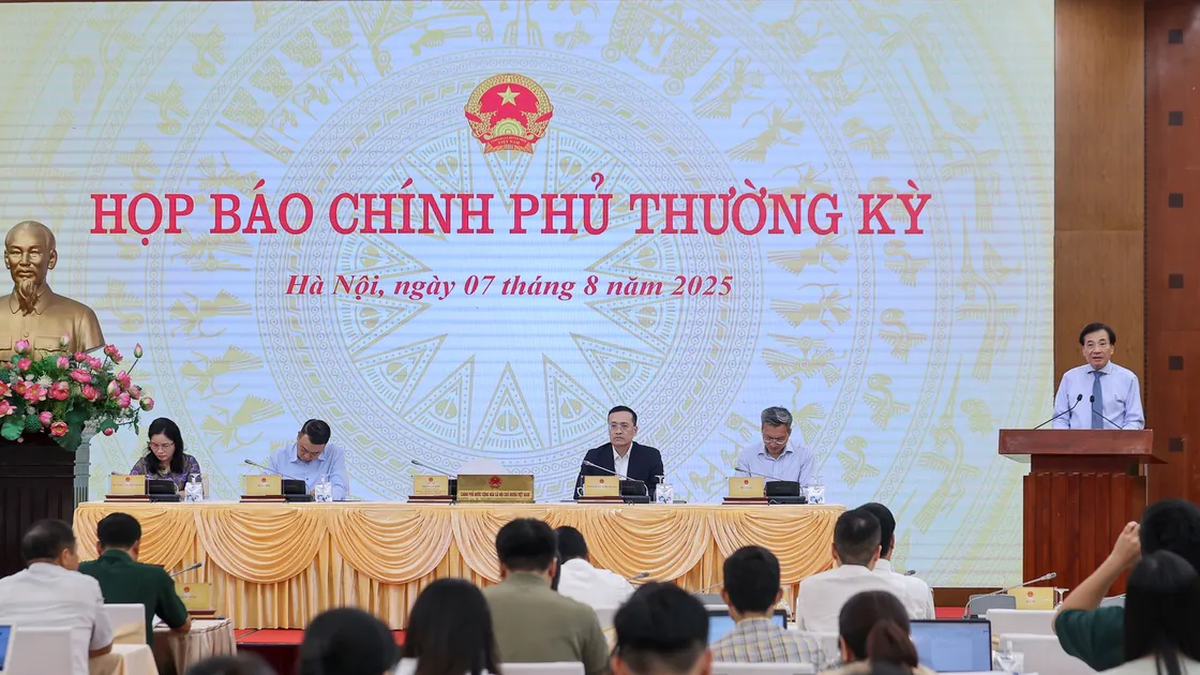



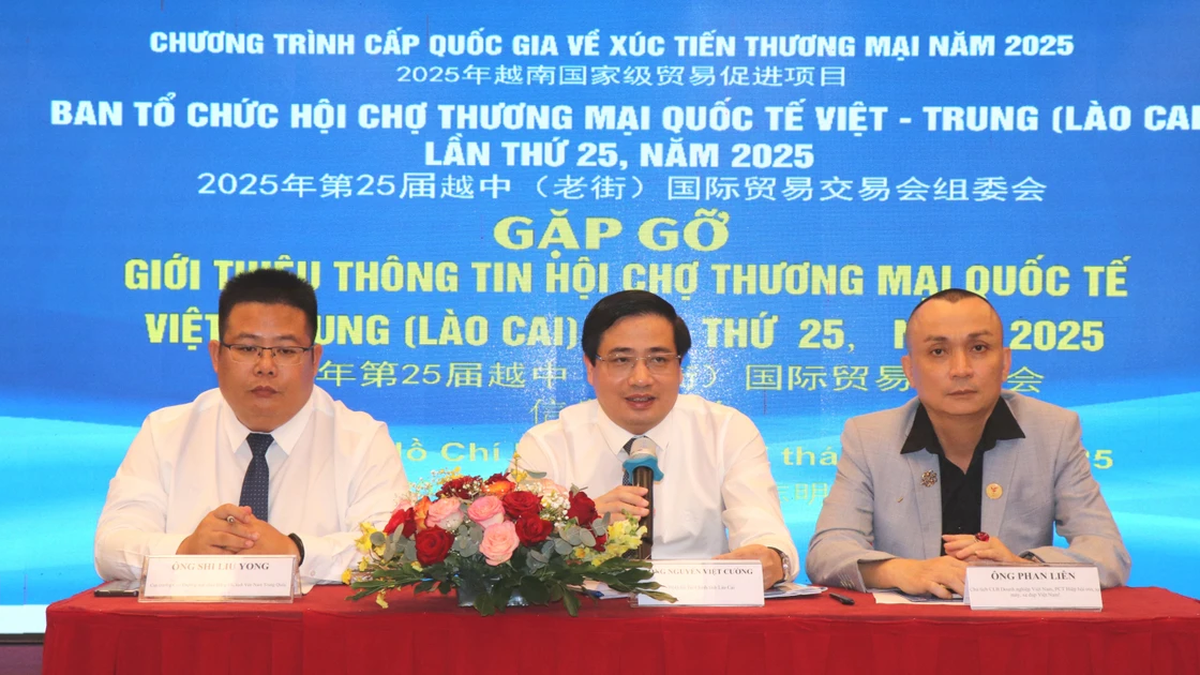










![[Photo] Nghe An: Provincial Road 543D seriously eroded due to floods](https://vphoto.vietnam.vn/thumb/1200x675/vietnam/resource/IMAGE/2025/8/5/5759d3837c26428799f6d929fa274493)








![[Photo] Discover the "wonder" under the sea of Gia Lai](https://vphoto.vietnam.vn/thumb/1200x675/vietnam/resource/IMAGE/2025/8/6/befd4a58bb1245419e86ebe353525f97)





















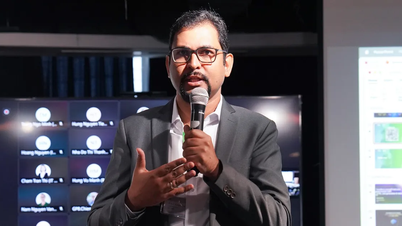



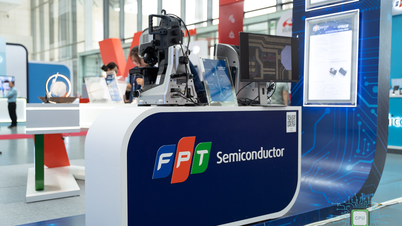

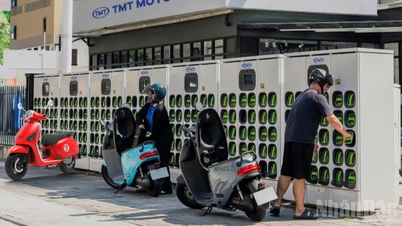














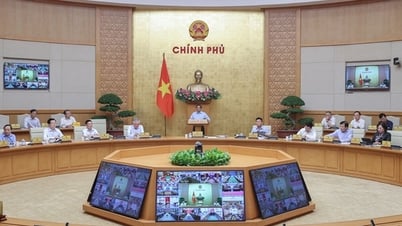



















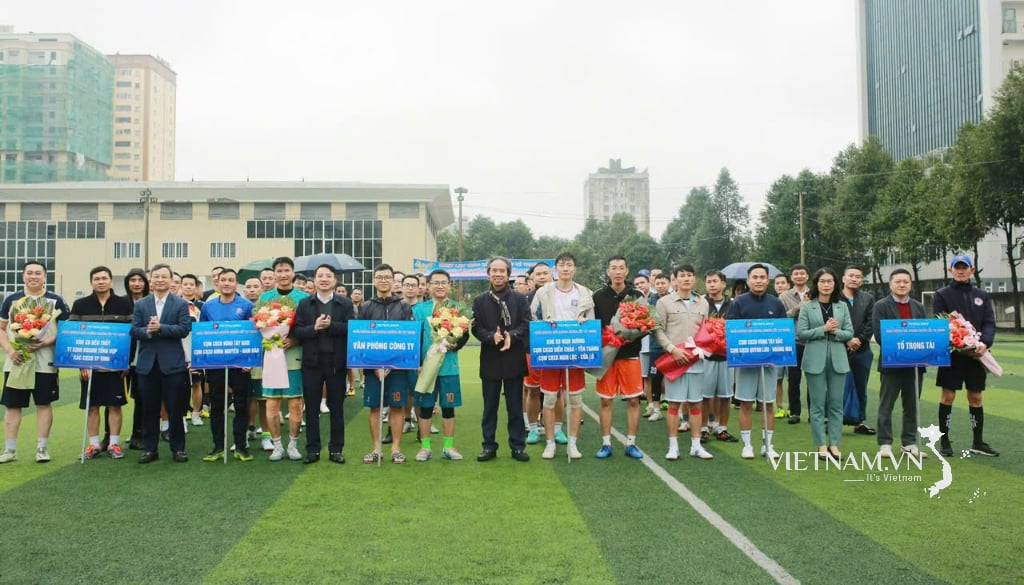


Comment (0)